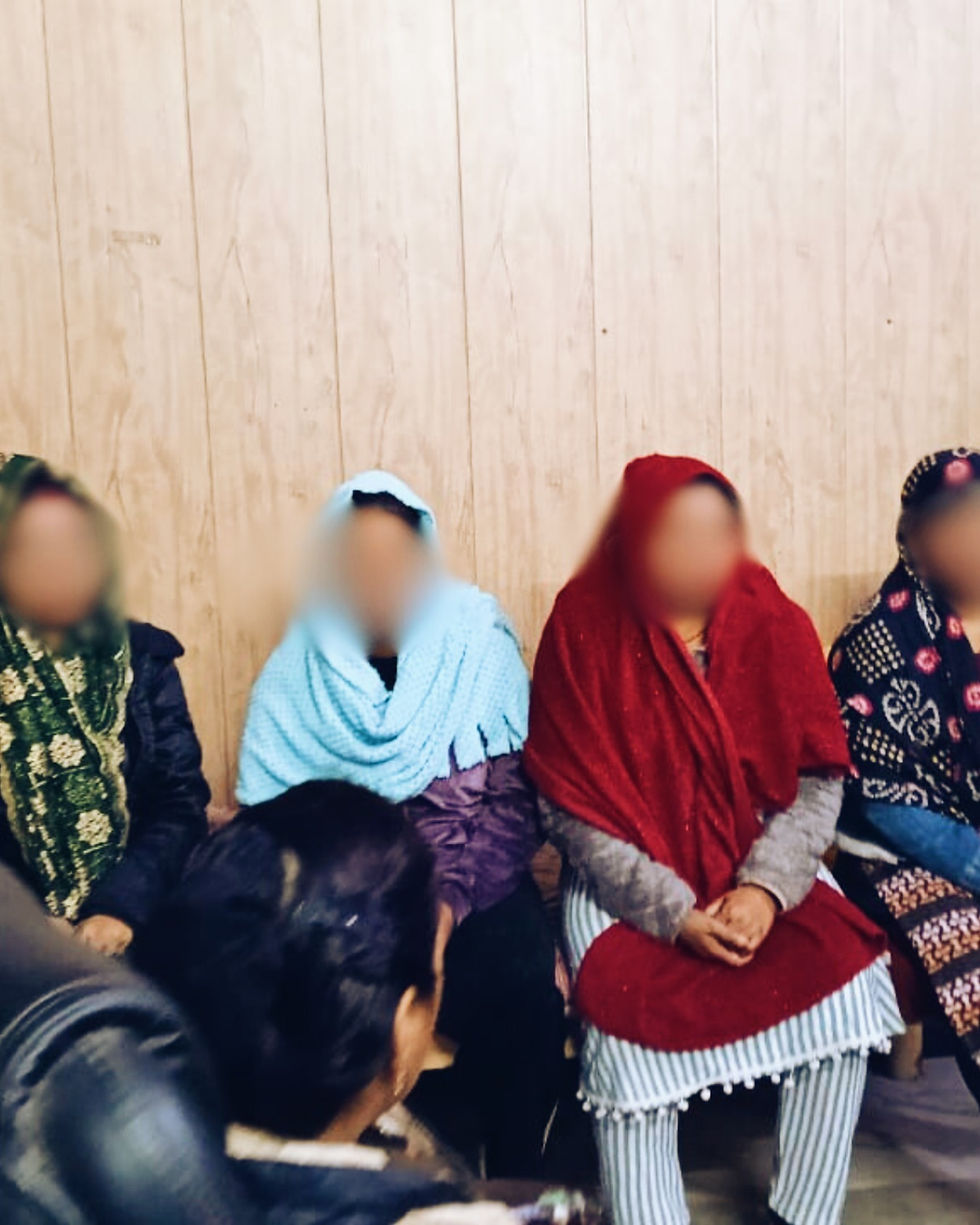Every Conversation Counts
- Mala Malstead

- Aug 16, 2019
- 3 min read
Updated: Jul 18, 2020
Eye-Witness Account

It was 9.30 pm on September 25th when I reached Meerut. Freedom Firm staff were in Meerut as they had identified a young girl in prostitution and planned to initiate a rescue operation. I was on my first field trip to observe and understand the ground reality of rescue operations.
I called Surendra, the Associate Director of Allahabad, and received directions to the hotel. After waiting for a few minutes, I found an auto driver and gave him the location of the hotel. It was a 45-minute long and bumpy ride.
The staff warmly greeted me at the hotel. I was too tired for a formal greeting and introduction. “Hello” and “goodnight” happened in a matter of seconds, and I fell into bed, exhausted.
At 9 a.m we met for a short planning session. The investigators were to go to the brothel area to identify the targeted minor and engage her, the social workers were to wait in the lodge until further confirmation and the coordination team had to request police cooperation to initiate the rescue operation. I was to accompany the coordination team.
Our team’s agenda was to inform the Superintendent of Police (SP Crime) that we had evidence of minors in prostitution near Ghanta Ghar and request assistance to conduct a raid. We reached the SP’s office at 10 a.m and were told to wait for ten minutes. It seemed like the hands of the clock were eternally slow. Two hours passed and there was no sign of the SP. By noon, a police officer told us that the SP might not come at all. “Isn’t it frustrating?” I asked. “Oh, Daya! It’s just 2 hours today. During the summer, when temperatures reach a maximum of 45-48 degrees celsius we sometimes wait the whole day.“
“If only the SP was here. If only the system was better. If only we had better accountability systems in our country,” I thought to myself. We had our investigators on the field, we had the girls identified, and according to protocol, all we needed was a team of police to initiate a rescue operation.
We waited until 12.30 p.m. We decided that it was best to meet the Superintendent of Police (SP Traffic) in another part of the city. At 2 p.m the SP-Traffic asked us to come in and questioned us about our work. When we produced a letter requesting his cooperation, he read it, made some calls, and told us that sex trafficking doesn’t come under his jurisdiction.
It was 3 p.m by then. We decided to go back to the city police station – civil branch to see if there was any hope of getting a police team. Ideally, we had two more hours left if the rescue operation were to take place because the law does not allow arrest after sunset.
The police officer interrogated us about the minors in prostitution and the progress of other cases he was involved with in the past. Half an hour into the conversation, he made a call to someone and in minutes, we got information from our investigators in the field that all of the brothels in the area just shut down.
The truth lies out in the open – there was a tip-off. But who leaked the information? Was it the police officer or the person who attended the call? We came out of the office, called the investigators, briefed them about what happened, and stopped by a tea stall. That was one day in the field. Hours of conversations, waiting and traveling yet coming back to the room with a sense of helplessness – knowing that the girls identified were so close to freedom but will go through another night of torture and abuse.
While we silently sipped our tea, Surendra said, “Each of the conversations we had today counts.” And, I thought to myself, “Maybe he is right. It takes a million little steps for systemic change to occur and until it happens we will continue to show up and speak up.”








Comments